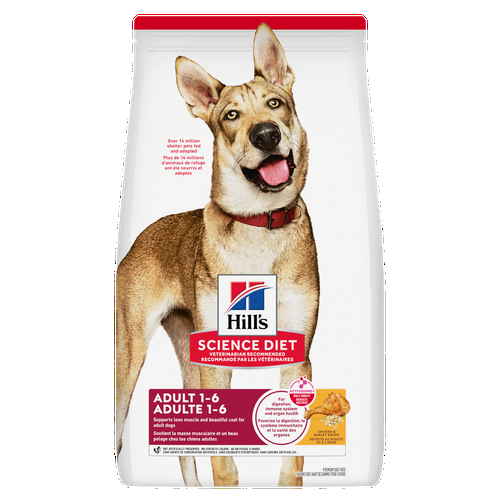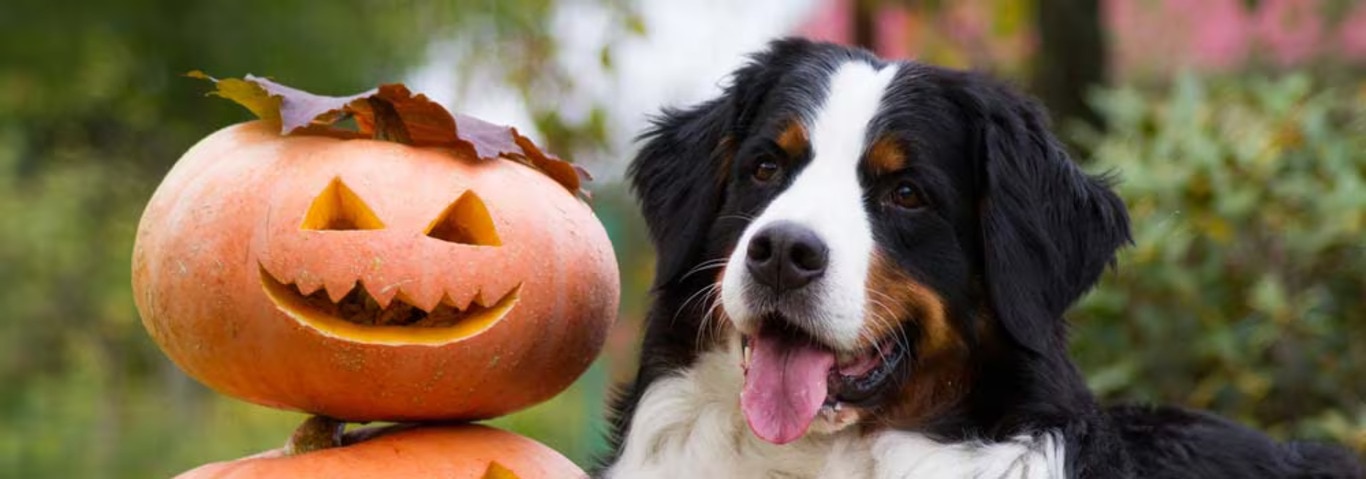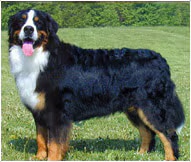The background color is black, and the markings are red or rust and white. The coat is thick and fairly long, requiring frequent brushing to keep it healthy and free of mats.
The breed is strong and muscular as it was bred for work. The male measures 25 to 27 inches and the female 23 to 26 inches tall. Both have a sturdy build and are usually longer than they are tall. Their weight ranges from 75 to 120 pounds (34 to 54 kilograms).
The Bernese mountain dog is alert and good-natured. Coming from a working background, they enjoy the challenge of learning new things. They should be obedience trained because of their large size at an early age to make them pleasant household companions. Their natural instincts to guard and work on the farm still carry over in the breed today. The Bernese makes a good watchdog, and is even better at herding and draft work. Draft work is demonstrated in field trails for Bernese mountain dogs and popular with owners today. The dogs are judged on ability to both pull and have control over a cart. As a family pet, the Bernese will enjoy some physical work and a job to do. They are eager to please!
Because of the eventual size of the breed, a Bernese needs both obedience and household manners taught at a young age. As a breed, however, they are slow to mature both physically and mentally and should not be pushed into training too rapidly. Although they are large, they are "soft" dogs and do not do well with harsh correction.
The coat of the Bernese is thick, long and has a bright, natural sheen. This beautiful coat will require daily brushing to keep it clean and prevent matting. Grooming is recommended at least every two weeks. Most shed moderately year round, and usually the coat sheds heavily twice a year. The Bernese mountain dog is a devoted friend who will enjoy accompanying the family everywhere. They thrive on human companionship and will be most happy if allowed to be a house dog. Proper socialization will help ensure that the Bernese is patient with other dogs and with children. As with any breed, however, the level of patience varies with the particular dog. The Bernese is a good watchdog and requires moderate exercise. They make great walking partners!
The original Bernese mountain dog was an all purpose farm dog used to herd cattle, protect the farm and pull milk carts to the local dairy. The name Bernese mountain dog roughly translates from the German "berner sennenhund," which literally means Bernese Alpine herdsman's dog. The breed's original name was durrbachler, after an inn where these farm dogs were bought and sold.
Professor Albert Heim preserved the breed from near extinction around the turn of the century. He continued to carefully develop the breed, and by crossing with a Newfoundland, he improved the dog's temperament and size.
Adopt a pet. Change a life.
Are you prepared to adopt a pet? Use these tools to make sure you are ready for the commitment.
Adopt a pet. Change a life.
Are you prepared to adopt a pet? Use these tools to make sure you are ready for the commitment.






















